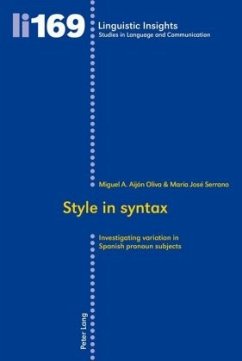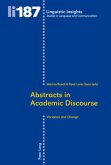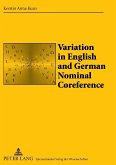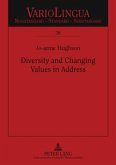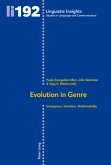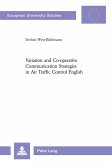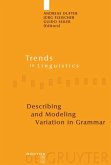This book merges variationist sociolinguistics, discourse analysis and cognitive science into a new, comprehensive approach to variation in syntax. It is based on a view of grammatical constructions as creative stylistic choices that generate particular meanings in context. This can be so because linguistic variants - traditionally regarded as synonymous forms differing only in 'extralinguistic' significance - are based on cognition and reflect human perceptions of real-world events. The analysis of the variable expression and placement of Spanish pronoun subjects will show that not only the intrinsic referential values of pronouns, but also their formal arrangement within the clause, may affect the contextual interpretation of utterances and discourse. Besides, social and pragmatic factors will not be approached as predefined external variables constraining the occurrence of syntactic variants, but rather as dynamic features whose meaning is incorporated into that of the linguistic form. In other words, language and any other social semiotic systems will be seen as co-constitutive. The book aims to take an important step towards the configuration of a scientific theory of variation.
Bitte wählen Sie Ihr Anliegen aus.
Rechnungen
Retourenschein anfordern
Bestellstatus
Storno

